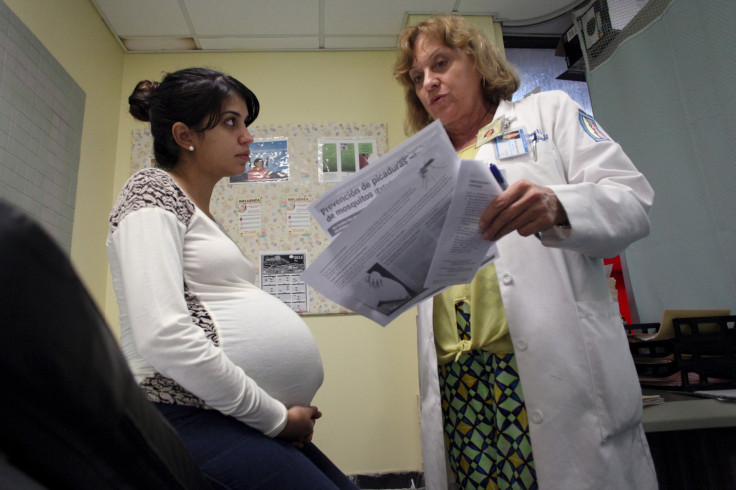In Cash-Strapped Puerto Rico, Zika Virus Adds To Long List Of Woes

Puerto Rico’s debt crisis has already been linked to a slew of problems, from delayed tax refunds to a serious brain drain. Now, the island commonwealth’s financial struggles are likely to hamstring efforts to fight the mosquito-borne Zika virus, which is primed to spread widely in the coming months.
Every week, cases of the virus are doubling in Puerto Rico, Thomas Frieden, the director of the U.S. Centers for Disease Control and Prevention, testified before lawmakers Wednesday during a House subcommittee hearing. By April, he said, widespread transmission would be likely. Puerto Rico has nearly 120 reported cases so far, and Frieden said Friday that thousands of babies could suffer brain damage, and hundreds of thousands of people in Puerto Rico could be infected with the virus.
In Puerto Rico, where two-thirds of all pregnancies are unintended — even higher than the 50 percent in the United States — the repercussions of a disease that scientists strongly suspect can cause microcephaly, a birth defect found when pregnant women are infected, could be dire. Its healthcare infrastructure is crumbling; near half its population lives in poverty and it has long been plagued by other mosquito-borne diseases.
The island has amassed more than $70 billion in debt, and it has twice defaulted on debt payments. About two-thirds of the 3.5 million people living in Puerto Rico get their healthcare through the public system, which the federal government partially funds. Medicaid in Puerto Rico has nearly 1.7 million enrollees and costs about $2.5 billion per year, with less than $400 million of that coming from the federal government.
As the island's financial situation grows more bleak, doctors have gone unpaid, with some leaving the island altogether. Some have predicted that Puerto Rico is poised to enter a humanitarian crisis — and Zika could hasten that process.
"Puerto Rico is going through a major financial crisis," Lawrence Gostin, a professor of global health at the Georgetown University Law Center, told lawmakers Wednesday, specifically referencing challenges combating the Zika virus.
In his testimony Wednesday, Frieden called for funding to reduce the risk of Zika to pregnant women, especially those in Puerto Rico, which has the “one-two punch” of being home to the Aedes aegyptus mosquito that carries the virus as well as rife with the impoverished living conditions — like homes without screens — that allow them to spread. More than 46 percent of Puerto Ricans lived in poverty in 2014, according to the U.S. Census Bureau.
The island's capacity to control mosquitoes was “very limited,” he added, as evidenced by the fact that it has been unable to contain the spread of chikungunya and Dengue fever, other mosquito-borne viruses. Since May 2015, chikungunya has infected more than 27,000 people.
The Zika virus, like other neglected diseases, disproportionately affects the poor, pointed out Peter Hotez, dean of the National School of Tropical Medicine at the Baylor College of Medicine in Houston who testified before the same panel Wednesday. Haiti and, in the U.S., regions like the Gulf Coast were likely to be hard hit by Zika too.
The CDC, which has requested $828 million in emergency funding to combat Zika virus, has designated $250 million of that for Puerto Rico, for healthcare for pregnant women and children with microcephaly. Puerto Rico, the White House noted in its funding request to Congress, “has limited capacity to respond to these emergent and growing health needs.”
© Copyright IBTimes 2025. All rights reserved.





















